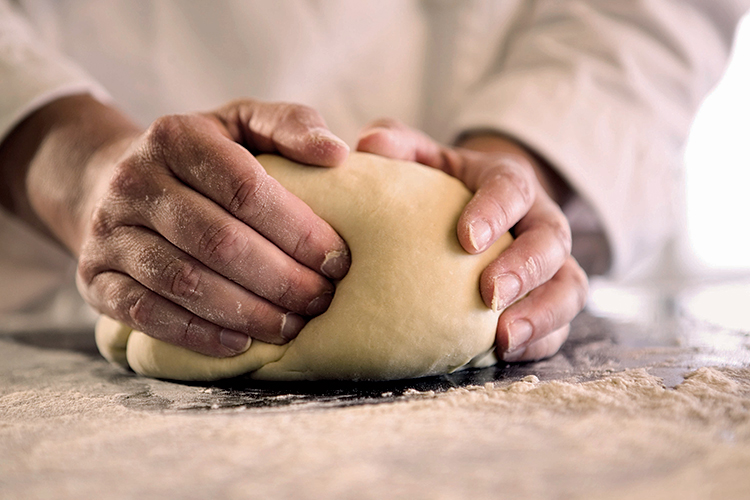
Thanks to COVID, the Ukraine War and supply chain-related problems that started gaining steam years earlier, consumers worldwide have endured shortages of countless products, with few industries avoiding impact.
For the baked goods industry, one of the top challenges has been the availability of cooking oils.
Oil shortages have become particularly pronounced in recent months, and prices are the highest the industry has ever seen, indexing at 250 over average prices in 2014-2016.
The current shortage is driven by a variety of factors, including declines in soybean oil production due to historic droughts across South America and a ban on palm oil exports from Indonesia due to rising domestic prices.
But the biggest impact has likely come from the war. Forty-six percent of the world’s sunflower oil comes from Ukraine and 25% comes from Russia.
Since Ukraine is the leading global exporter of sunflower seed oil, according to the US Department of Agriculture’s Foreign Agricultural Service, the war has severely affected both supplies and price.
Sunflower seed oil that was trading at 83 cents per pound a year ago was up at least thirty cents at the same time in 2022, while prices for soybean oil and canola oil are also up significantly over last year.
Oil markets may begin to moderate by this fall, depending on the harvest of corn, soybeans and other crops, said Jennifer Halliburton, senior manager of market insights for Lenexa, Kan.-based Corbion.
But predicting the weather isn’t an exact science, and the longer term effects of the war are likely to have an impact on cooking oil prices for some time to come.
To make sure they’re prepared, bakers and manufacturers need to look forward and plan for not only the current situation, but for future disruptions as well.
New options
Finding alternative solutions that mimic oil or fat functionalities can be used to adjust formulations while continuing to give consumers the product quality they expect.
In fact, the challenges manufacturers and bakers are facing can be turned into opportunities, like creating lower-fat products using alternatives to commonly used cooking oils.
One solution from Corbion is the enzyme-based Vantage 2060, which can reduce added oil in baked goods up to 60% while maintaining expected functionality. Currently available for bread and bun production, applications for Vantage 2060 will soon expand to other products.
“With a thorough understanding of functionalities of oil used in bakery goods, Vantage 2060 was developed to match all those without sacrificing finished product qualities,” said Yanling Yin, Corbion’s director of R&D.
Look for these and other innovative solutions to help steer manufacturers and bakers through challenging times and give them new perspectives on future developments.

